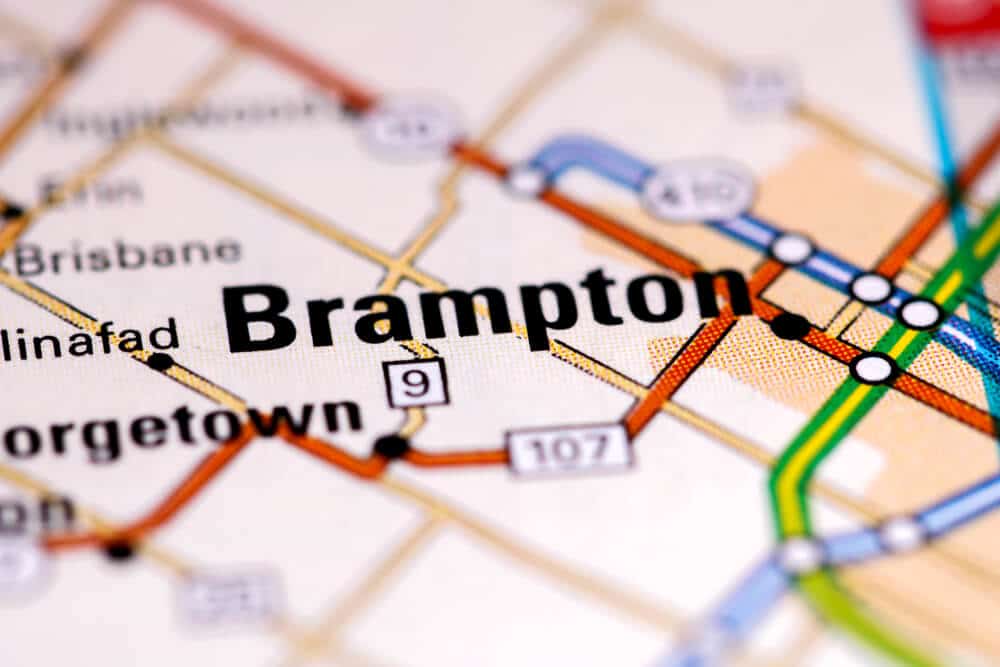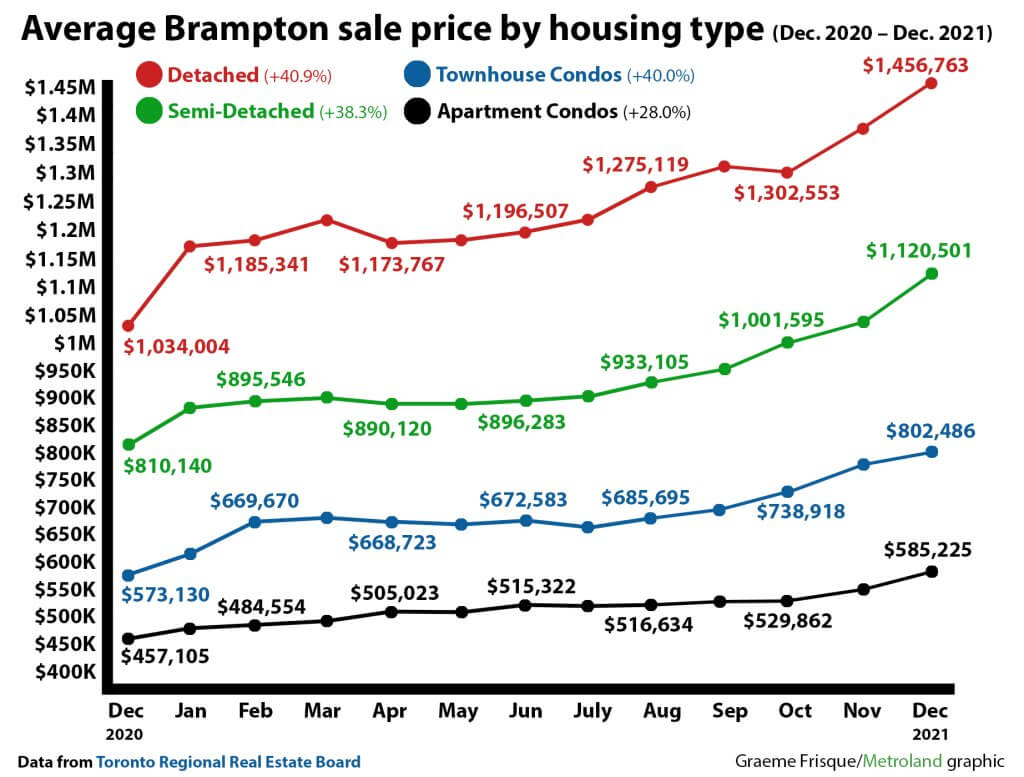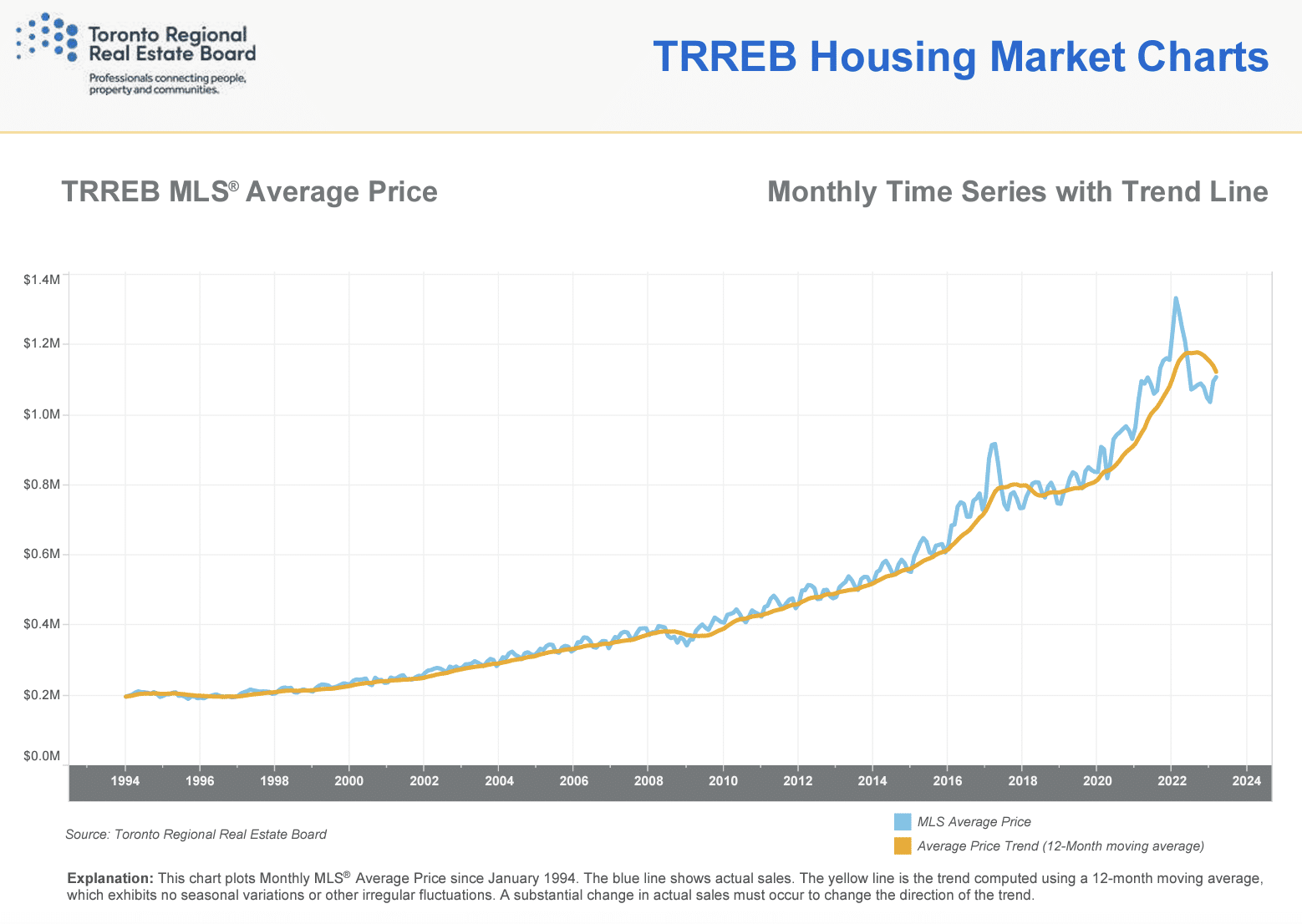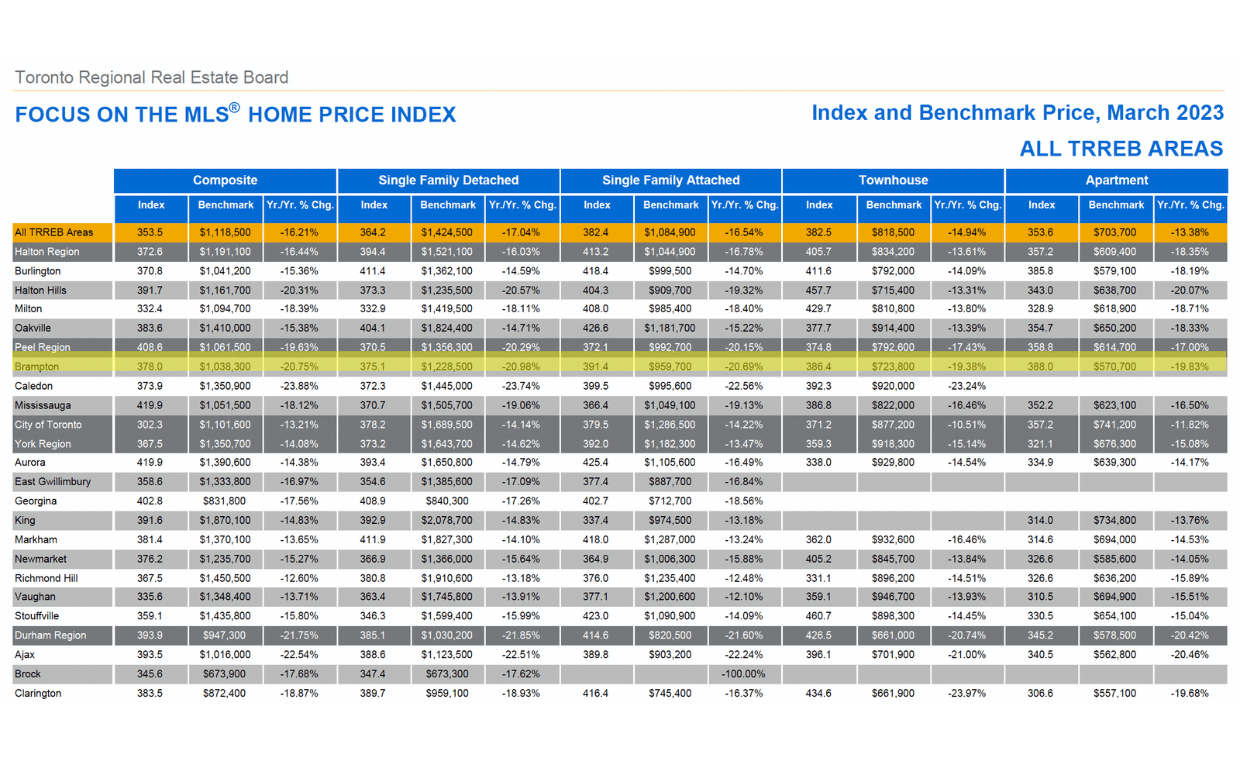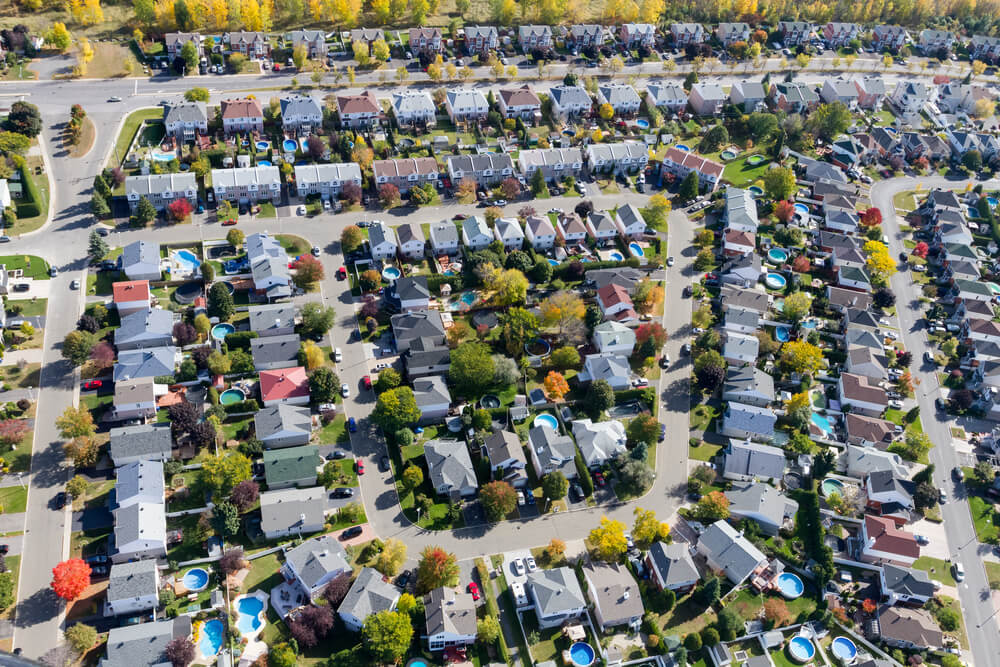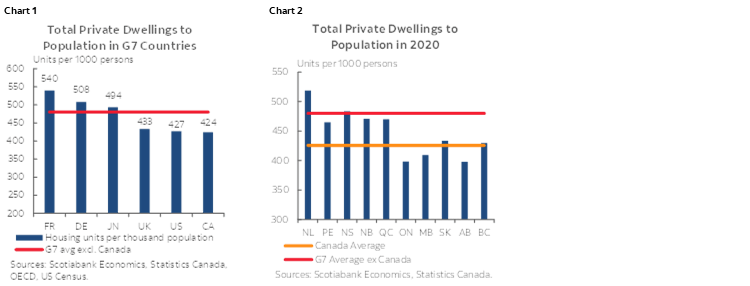As the sun sets on another vibrant day in Dubai, the city’s skyline—a testament to ambition and resilience—stands tall, mirroring the dreams of thousands who call this desert oasis home. The past five years have woven a rich tapestry of growth, challenges, and triumphs in the real estate market, each thread colored by the hopes and aspirations of investors and families alike. This is a tale of more than just buildings and transactions; it’s a story of a city continually rising from the sands, shaped by the ebb and flow of economic tides and the collective heartbeat of its people.
From the anticipatory buzz of Expo 2020 to the unforeseen global pause brought on by the pandemic, and through to the resilient rebound and strategic innovations that followed, Dubai’s real estate market has embarked on an emotional journey of adaptation and growth. Join us as we delve into this narrative, exploring how fluctuating trends, regulatory changes, and shifts in investor sentiment have sculpted the landscape of one of the world’s most dynamic cities. This is not just the history of a market; it’s the story of Dubai’s spirit, its unwavering drive to excel, and its undying promise of possibility.
As the sands of time shift, so does the landscape of Dubai’s real estate market, painting a picture of resilience, innovation, and transformation over the last five years. From the hopeful anticipation of Expo 2020 to navigating the uncharted waters of a global pandemic, the city has witnessed a journey of remarkable growth, challenges, and a steadfast commitment to progress.
2019-2020: Pre-Pandemic Growth and Expo 2020 Anticipation
The dawn of this period was marked by a palpable sense of optimism, fueled by the upcoming Expo 2020. The city buzzed with preparations, drawing investors’ eyes worldwide, eager to be part of Dubai’s next big leap. The luxury and off-plan segments, in particular, saw significant growth, with skyscrapers reaching towards the heavens and futuristic projects taking shape on the drawing boards of architects. However, as the world braced for the unforeseen storm of COVID-19, Dubai’s real estate market felt the immediate tremors. Travel restrictions and a global sense of uncertainty temporarily clouded the horizon, pausing the dreams and aspirations tied to the grand event of Expo 2020.
2021: Recovery and Resilience
Yet, like a phoenix rising from the ashes, Dubai’s real estate sector began to show signs of a robust recovery in 2021. The city’s adept handling of the pandemic, coupled with a gradual easing of travel bans, rekindled interest in the market. A notable shift in demand emerged, with more people seeking larger homes and properties that offered outdoor spaces—a reflection of a global reevaluation of lifestyle choices towards health and well-being. This year also heralded the green shoots of sustainability and the adoption of smart home technologies, aligning with a growing consciousness towards environmental stewardship and digital convenience.
2022-2023: Sustained Growth and Market Maturation
The subsequent years unfolded a narrative of sustained growth, underscored by the successful hosting of Expo 2020, albeit delayed. The event not only showcased Dubai’s indomitable spirit but also reinforced its global appeal, drawing back international investors with renewed vigor. The government’s strategic regulatory reforms further polished Dubai’s image as a transparent and secure real estate investment haven. These reforms aimed at enhancing market transparency and investor protection, laying the groundwork for a more mature and stable market environment.
Shifts in Investor Demographics
A fascinating subplot in this journey has been the diversification of investor demographics. European and Asian investors have increasingly joined the traditional Middle Eastern investor base, infusing new preferences and dynamics into the property market. This kaleidoscope of investor backgrounds has enriched the market, making it more dynamic and responsive to global trends and demands.
Also Read: The Dubai Real Estate Market: Navigating Through Evolving Trends
Technological Integration and the Rise of Sustainable Living
The crescendo of this five-year odyssey has been the harmonious blend of technology with sustainability. Developers are increasingly leaning into green building practices and smart technologies, driven by a demand for living spaces that are not only eco-friendly but equipped with the latest digital comforts. This trend towards sustainable living is not just a fad but a testament to Dubai’s vision of becoming a leading example of innovation and environmental responsibility in the real estate sector.
In reflecting on the past five years, it’s evident that Dubai’s real estate market is not just surviving; it’s thriving, evolving, and setting new benchmarks for the world to follow. Amidst fluctuating trends and global uncertainties, the city’s real estate landscape remains a beacon of opportunity and innovation, promising an even brighter future ahead.
The past five years have been a remarkable journey for Dubai’s real estate market, characterized by growth, adaptation, and maturation. Through the highs of pre-pandemic anticipation for Expo 2020 to the lows of global economic uncertainties, the market has demonstrated unparalleled resilience. It has not only weathered the storm but has emerged stronger, driven by strategic foresight, regulatory reforms, and a commitment to sustainability and innovation.
Dubai continues to cement its position as a leading global city, with its real estate market playing a pivotal role in this narrative. The evolution witnessed in this sector is a testament to the city’s dynamic nature and its ability to adapt and thrive amidst challenges. Looking forward, the horizon is bright for Dubai’s real estate market, promising exciting opportunities for investors, developers, and homebuyers alike.
As we stand on the brink of new possibilities, the journey of Dubai’s real estate market is far from over. Its vibrant landscape beckons investors to be a part of the next chapter of growth and innovation.
We invite you to explore the myriad investment opportunities within Dubai’s evolving real estate market. Join the conversation in the comments section below, share your insights, or pose questions about future trends and predictions for this dynamic sector. Together, let’s navigate the promising future of Dubai’s real estate market.
FAQs
Q1: How has the pandemic impacted Dubai’s real estate market?
A1: While the pandemic initially caused uncertainty, Dubai’s real estate market quickly rebounded, showing strong resilience and growth, particularly in demand for larger homes and sustainable living.
Q2: What makes Dubai an attractive destination for international investors?
A2: Dubai’s strategic location, tax-friendly policies, regulatory reforms aimed at transparency and investor protection, and commitment to sustainability and innovation make it an appealing choice for investors.
Q3: Are there opportunities for sustainable and smart home investments in Dubai?
A3: Absolutely. The trend towards sustainability and smart home technologies is strong, with developers increasingly focusing on eco-friendly practices and digital conveniences.
Q4: How can investors navigate the Dubai real estate market?
A4: Investors should stay informed about market trends, regulatory changes, and seek opportunities in areas with growth potential. Consulting with local real estate experts can also provide valuable insights.
Q5: What is the future outlook for Dubai’s real estate market?
A5: The future looks promising, with sustained growth driven by Dubai’s appeal to a broad investor base, ongoing innovations, and its status as a leading global city. The market is expected to offer exciting opportunities for both investors and homebuyers.

